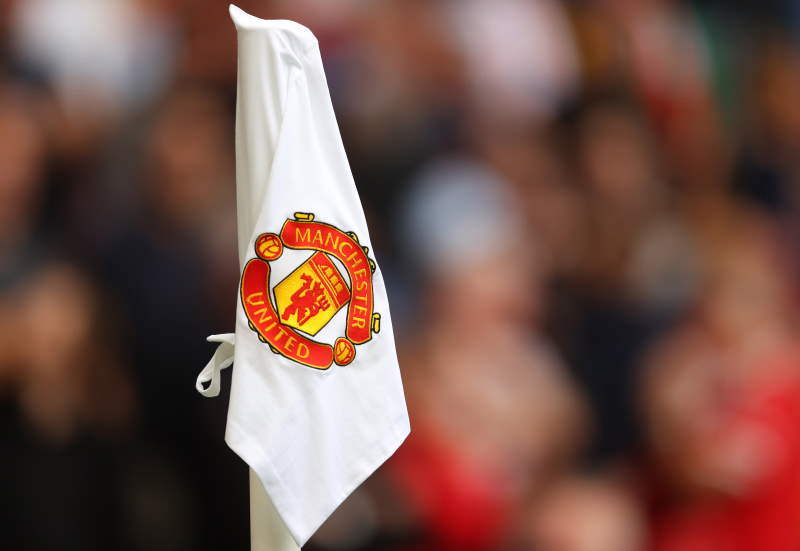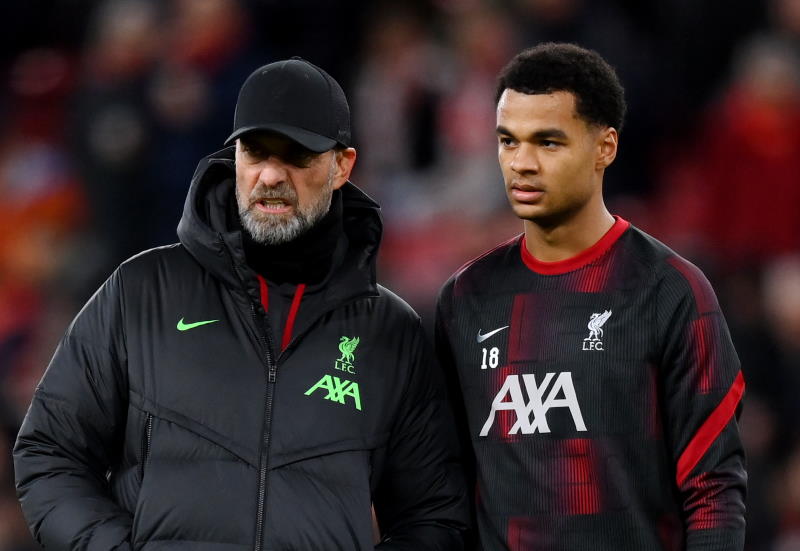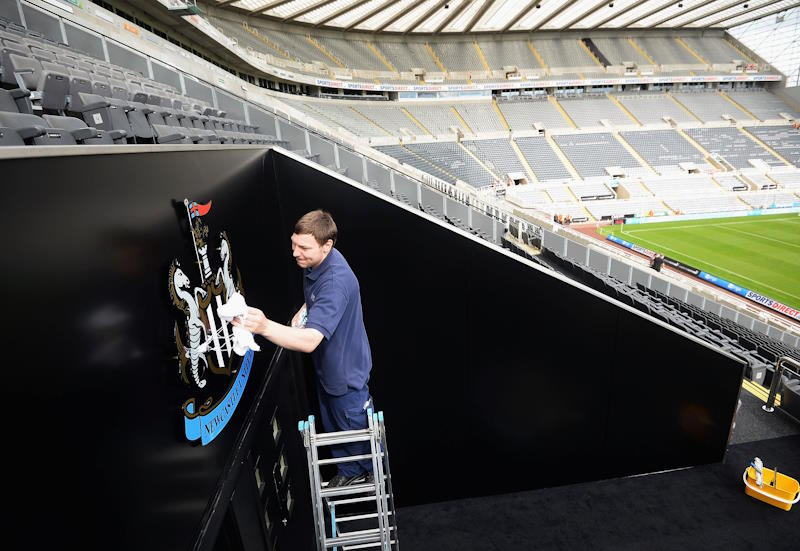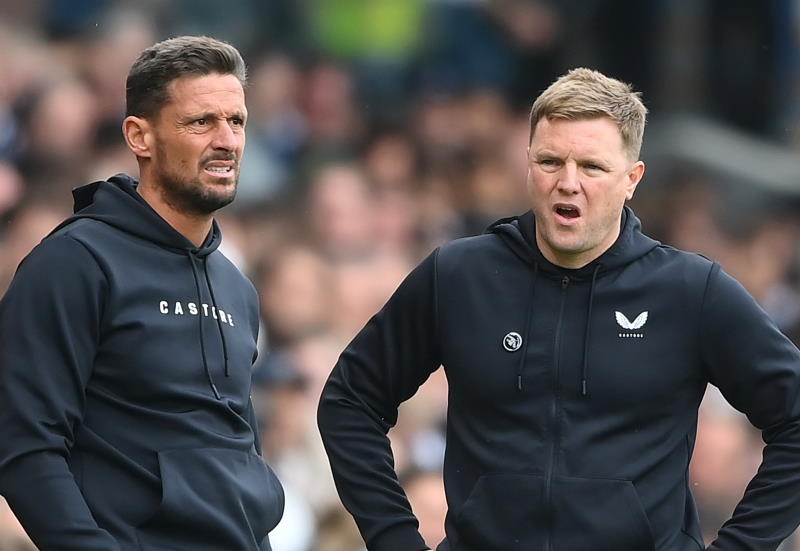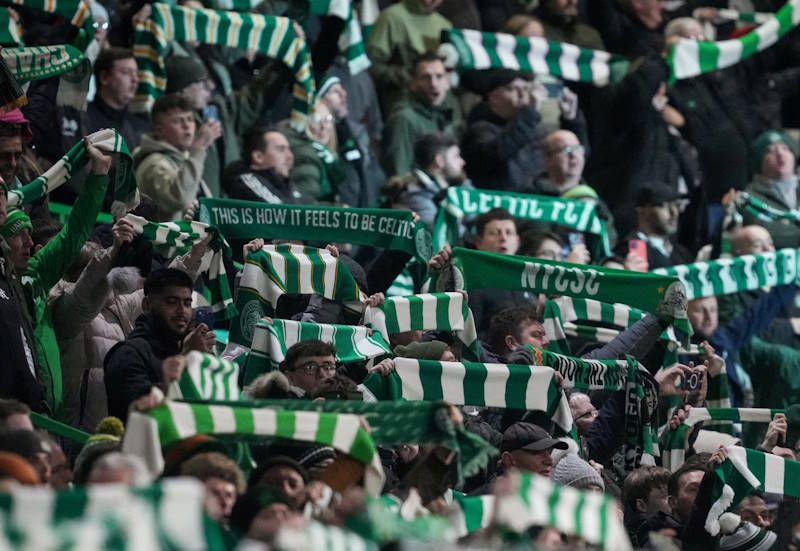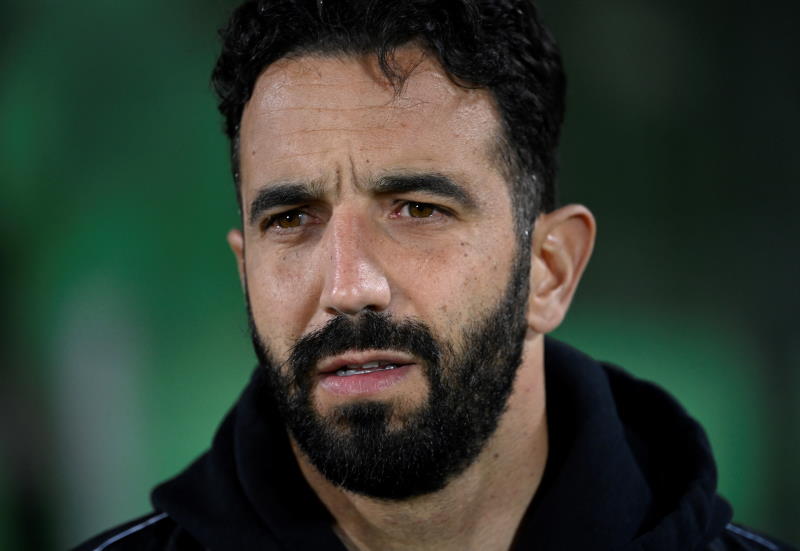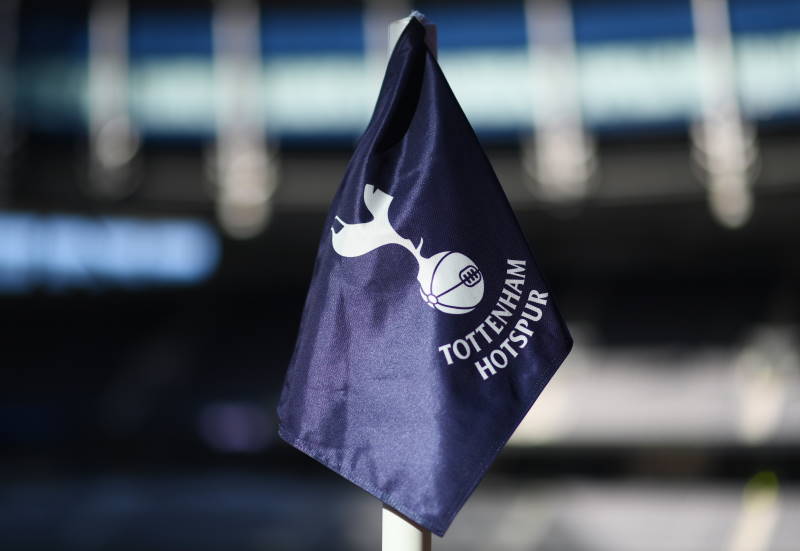
Nobody can dispute the fact that John Barnes was a winner during his playing career. Two league titles, two FA Cups and a League Cup – to go with almost 80 England caps – is a fine body of work by anyone’s standards.
He played in stylish and well-coached sides for Liverpool and England, alongside the likes of Ian Rush and Bryan Robson, and there were few who could match Barnes went it came to close control and trickery in the final third of the pitch. In every sense, he was one of the good guys.
So, understandably, there was great fanfare around his appointment as Celtic manager in 1999. With his former Liverpool manager Kenny Dalglish on hand as director of football, Barnes was given the freedom to start a new era at Parkhead. There was particular optimism that the once flying winger’s attacking mentality would translate to free-flowing passing and attacking intent – and, ultimately, the league domination that Celtic craved.
Admittedly, Barnes arrived at the helm without extensive coaching experience to fall back on and there were reservations voiced about the appointment – but, as his supporters reasoned, plenty of other bosses had prospered in their first taste of top level management; it is noticeable that Josep Guardiola picked up the Treble during his first season in charge of Barcelona and thrived on the challenge of learning on the job at the very top of the game, proving a leap into management at the deep end can still be navigated safely.
But after these high hopes, events took a different turn. The Celtic players never seemed to adjust to Barnes’ managerial style and it did not take long for complaints to surface over the tactics, including a row between the former Liverpool legend and striker Mark Viduka. Critics were quick to point to Barnes’ lack of managerial experience as results went against his team.
There were also raised eyebrows over the ex-England winger’s forays into the transfer market as new faces Stiliyan Petrov – who would later blossom at Celtic and Aston Villa – and defender Olivier Tebily struggled to settle, while £5M Brazilian defender Rafael Scheidt would turn out to be nothing less than a disaster. Bit by bit, momentum was building against Barnes in the goldfish bowl of the Old Firm in Glasgow and it would soon become an avalanche.
After 20 league games, Barnes had overseen a record of 13 wins, five losses and two draws. It was hardly a points tally to strike fear into the rest of the Scottish Premier League, but nor was it a disaster. That haul, in itself, would not have been enough to trigger the events that followed.
But decidedly average league form was not the only problem – Barnes had other issues to contend with. Not only were city rivals Rangers threatening to leave Celtic in their wake in the league table, but Barnes also watched his side dumped out of the UEFA Cup by French outfit Lyon. Just to add to the woe, key striker Henrik Larsson suffered a broken leg and headed for a lengthy spell on the treatment table.
And the writing was well and truly on the wall after Celtic’s humbling Scottish Cup defeat to minnows Inverness Caledonian Thistle. It would prove to be the last straw. In the wake of the loss, Barnes was sacked and Dalglish shifted over into the hot seat temporarily while the club sought a new boss. For all his trickery as a player, the frustration of the Celtic fans was one opponent that Barnes could not out-manoeuvre.
Just like that, all the optimism in the summer had been washed away. Barnes lasted a mere eight months in the Celtic dugout before the club decided to go in a different direction. Considering that the Barnes era was followed by Martin O’Neill’s period of success in Scottish football, it is hard to argue that it was the wrong move.
It was a tough introduction to management for the former England international who, like so many other supremely talented ex-greats, was suddenly thrust into working with a large portion of a squad without his natural ability; a recipe for frustration. Though Barnes bounced back with stints in charge of the Jamaican national team and Tranmere Rovers, he has failed to make an impact as a manager. Indeed, the latter role brought more disappointment as Barnes, with former Liverpool team-mate Jason McAteer as his assistant, was again sacked after just a matter of months.
Ultimately, Barnes was just the latest in a long line of ex-greats who have struggled to replicate the success of their playing career after switching to the sidelines. While he gave it his all, football management simply has not worked out for the Kop favourite. But that should take nothing away from the career of one of his generation’s finest talents and it is his excellence with Watford, Liverpool and England that will form a legacy that cannot be diminished from failure in the dugout.

